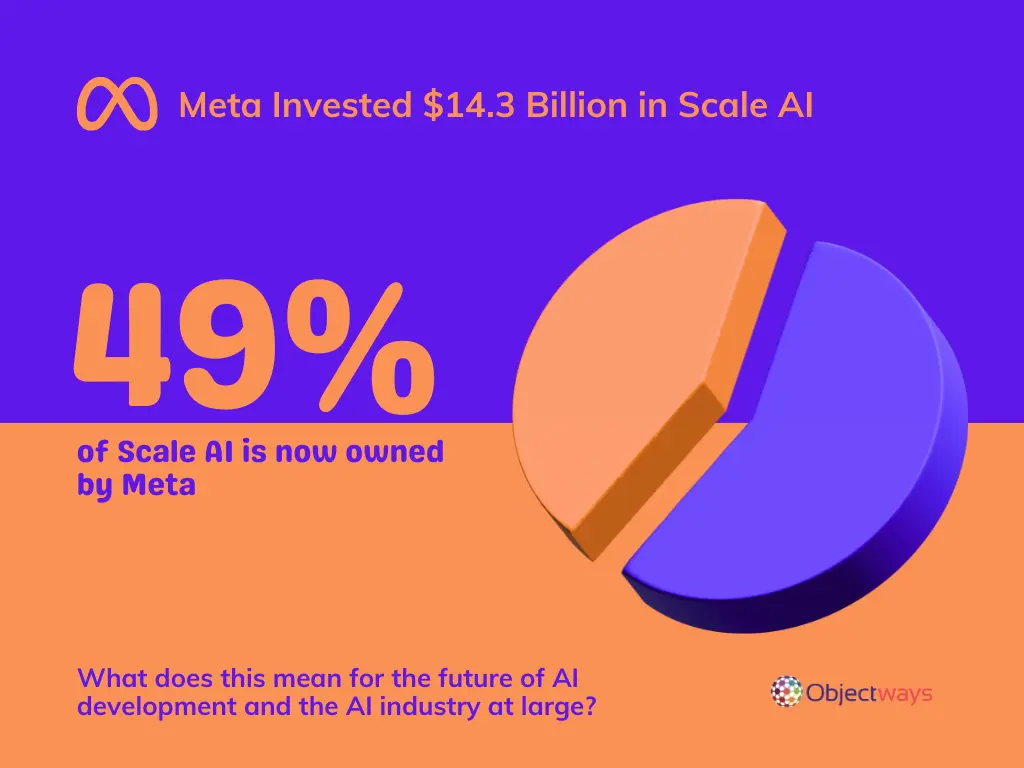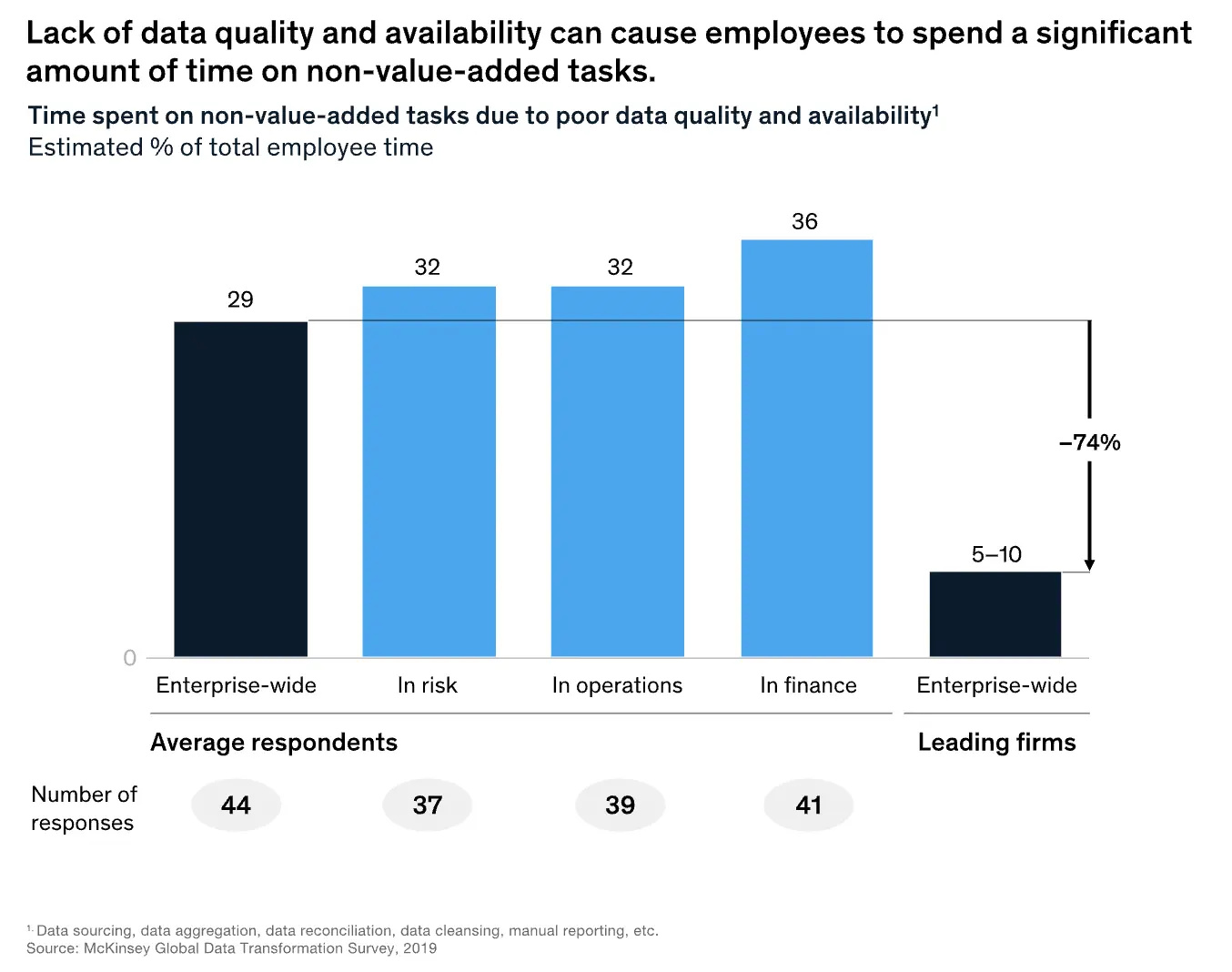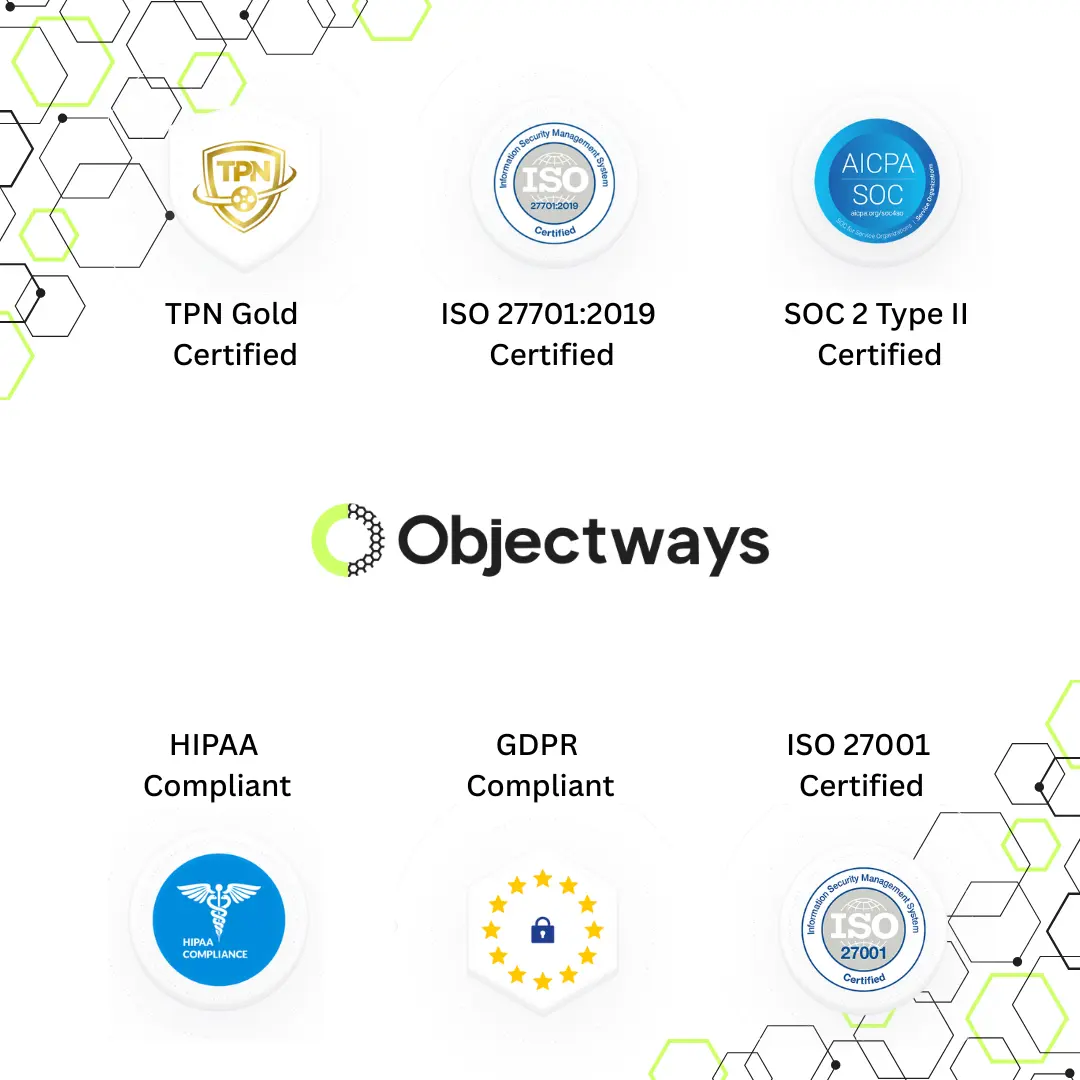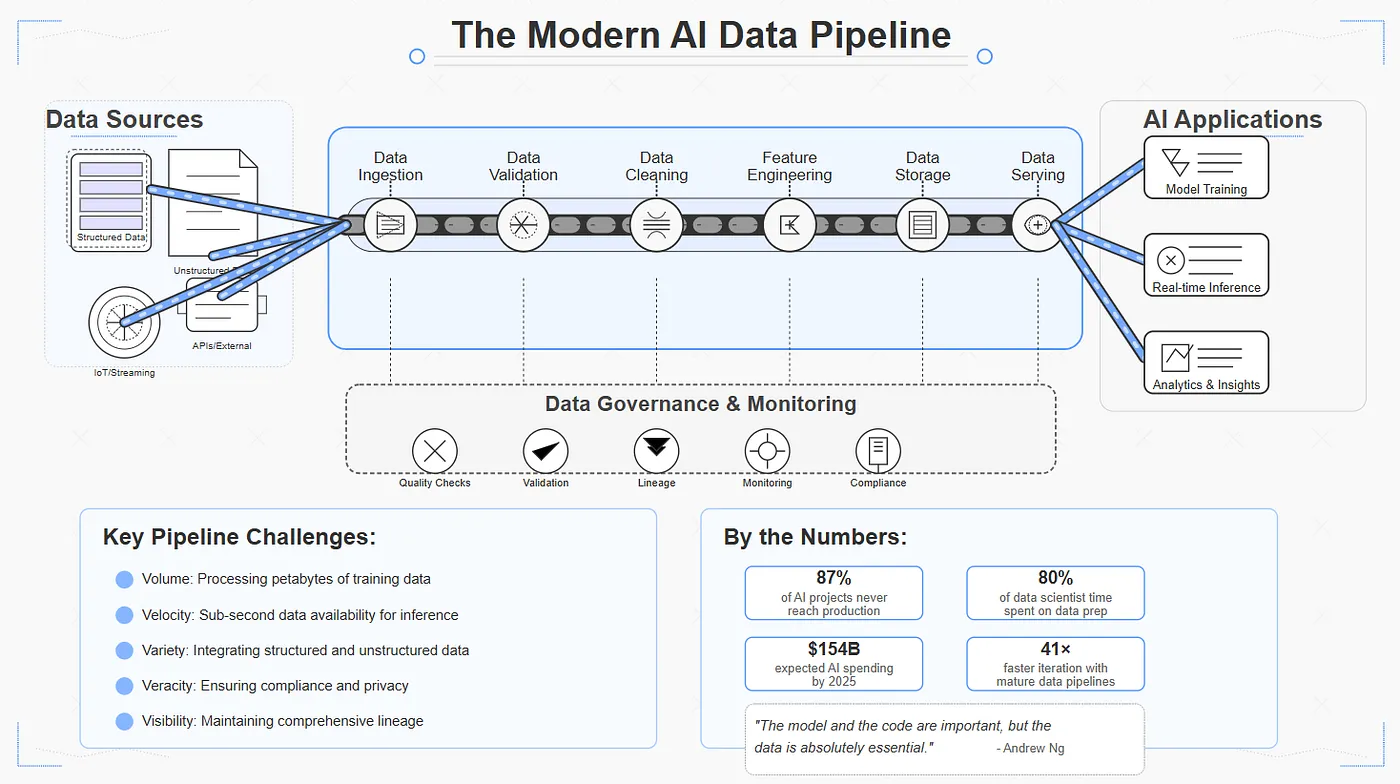On June 12, Meta announced a $14.3 billion investment in Scale AI, a major data labeling company. With this deal, Meta now owns 49% of Scale AI, making it one of the startup’s biggest stakeholders. This move is a clear sign that Meta is doubling down on building advanced AI, but it also raises serious questions for other businesses that rely on Scale AI’s services.
Until now, Scale AI has been known as a neutral provider, helping many companies, including Meta’s competitors, source and label data to train their own AI systems. But with Meta now heavily involved, many are wondering: Can Scale AI stay neutral? Will the quality of service change? Will other clients be pushed to the side?

Meta Becomes Major Stakeholder in Scale AI.
If your company depends on outside help for data labeling, AI training, or full-stack AI development, this deal matters. When your data provider is tied to a tech giant, it could mean less flexibility, fewer options, or even conflicts of interest down the road.
In this article, we’ll take a closer look at what Meta’s investment means for businesses like yours, the risks of working with platform-aligned vendors, and why choosing an independent data labeling provider is more important than ever if you want to stay in control of your AI strategy. Let’s get started!
Before we dive into the details of the Meta-Scale AI deal, let’s take a moment to step back and talk about data. Behind every successful AI system is one essential ingredient: high-quality data.
This isn’t just a sentiment or a technical footnote – it’s backed by hard evidence. Studies show that 98% of organizations say poor data quality directly undermines their AI efforts and 22% report project delays caused by weak data pipelines. Without clean, trusted, and well-integrated data, even the most advanced AI models are likely to produce unreliable or biased results. In the end, teams spend more time fixing problems than driving innovation.

Poor data quality can result in time wasted on non-value-added tasks. (Source)
To understand why data quality matters so much, we need to take a closer look at how AI models actually work. These systems don’t really think for themselves; they learn from the data they’re trained on. If that data is inconsistent, incomplete, or biased, the model will simply replicate and amplify those flaws. It’s a classic case of “garbage in, garbage out.”
That’s why strong data foundations aren’t just helpful – they’re essential. The performance, accuracy, and fairness of any AI system depend on the quality and structure of the data behind it.
The impact of Meta’s multi-billion dollar investment in Scale AI is already becoming clear, especially for companies that rely on third-party data services for data labeling, data collection, or training custom AI models.
Google, formerly Scale AI’s largest customer, had planned to spend around $200 million with Scale AI in 2025. However, according to a Reuters report, Google is now cutting ties and moving those contracts to other vendors. The reason? With Meta now owning a significant portion of Scale AI and bringing its CEO into Meta’s internal AI leadership team, many companies are starting to question whether Scale AI can truly remain independent.
Other major clients are making similar moves. Microsoft, OpenAI, and xAI are all reported to be stepping back from Scale AI or shifting their business elsewhere. And it’s not just about perception. There are real concerns about data security and competitive exposure. Nearly 30% of enterprises deploying AI have faced security breaches – most caused by internal data compromise, not external attacks.
This is alarming because companies often share sensitive information such as prototypes, training data, and labeling instructions with their data providers. Now that Meta has such a close relationship with Scale AI, many businesses are asking whether a direct competitor could gain insight, even indirectly, into their internal projects.
As Jonathan Siddharth, CEO of Turing, put it, “The Meta-Scale deal marks a turning point. Leading AI labs are realizing neutrality is no longer optional; it’s essential.”
For any business depending on third-party data services, this shift is a clear signal to re-evaluate. Choosing a truly independent partner is no longer just a nice-to-have. It’s a critical step in maintaining trust, control, and long-term flexibility in your AI initiatives.
No two businesses, challenges, or datasets are the same and that’s why every AI solution is so unique. The concern surrounding the Meta–Scale AI deal comes down to whether a single, platform-aligned provider can truly support the level of flexibility and customization today’s businesses require.
Think of it like this: building an AI solution is less like buying software and more like designing a product from the ground up. It needs to fit your data, your infrastructure, and your specific goals. When a provider is tied to a major tech giant, there’s a risk that their services become optimized for that company’s priorities – not yours.
Let’s say you’re building a medical AI tool that analyzes diagnostic images. You’ll need annotated data reviewed by clinical experts, strict compliance with healthcare regulations, and the ability to adapt workflows as your model evolves. That kind of precision doesn’t come from a generic pipeline; you need a data provider who can tailor services to your domain.

An example of using AI to detect brain tumors in a medical image.
An independent data provider can help build around your tech stack and respond quickly as your needs change. Whether it’s adjusting labeling workflows, integrating with your internal data labeling tools, or providing access to specialized talent, everything is designed to support your success, instead of someone else’s roadmap. That’s the kind of flexibility businesses should expect, and it’s exactly what we deliver at Objectways.
At Objectways, we believe businesses should be in control of their data and their future. As an independent, tool-agnostic data provider, we’re focused on providing flexible, end-to-end solutions that support your unique AI goals.
Whether you need data labeling, model training, or help building a full AI pipeline, our approach is built around your infrastructure, your timeline, and your domain. Our solutions are designed to fit your workflow, not replace it.
Here’s a glimpse of how Objectways supports AI teams across industries:

At Objectways, AI compliance is one of our top priorities.
Whether you’re building large language models or launching real-time computer vision applications, we provide the people, processes, and tools to help you move faster and smarter at every stage.
You could say that Meta’s investment in Scale AI is just the tip of the iceberg. It reflects a broader trend: tech giants are racing to control the data pipelines behind AI.

An AI Data Pipeline (Source)
In recent months, companies like Salesforce, IBM, and ServiceNow have all made major acquisitions in the data infrastructure space. These aren’t just tactical moves. They’re strategic efforts to secure control over the systems that fuel artificial intelligence innovations.
For instance, Salesforce is acquiring Informatica for $8 billion to improve how it manages and connects data across systems. Similarly, IBM recently acquired DataStax to strengthen its handling of unstructured data. Meanwhile, ServiceNow bought Data.World to better understand the meaning and context behind enterprise data.
All of these companies are working to improve how data is stored, cleaned, integrated, and delivered to their AI systems. They’re doing it because they understand something critical: without high-quality data infrastructure, even the most advanced AI solutions can fall short.
In fact, nearly 75% of tech M&A activity in 2025 has involved AI software companies, and many of those deals are centered on data infrastructure. Tech giants are doubling down on owning every layer of the pipeline, from infrastructure to labeling.
The result is a shrinking pool of neutral partners. If you’re looking to get ahead of the curve, now is the time to align with a data provider like Objectways that puts your priorities first.
As Scale AI’s relationship with Meta makes its way through headlines, the bigger story is about what this means for businesses that rely on external data services. When a major data provider aligns closely with a tech giant, neutrality and flexibility often take a backseat.
This shift is just the beginning. As more tech giants consolidate control of the AI pipeline, choosing the right data provider will be the key to long-term AI success. Objectways is here to help you build with confidence – on your terms.
Work with a data partner who puts you first. Let’s pave the way for your AI vision to come to life.Book a call, and let’s talk about how Objectways can support your AI strategy!
